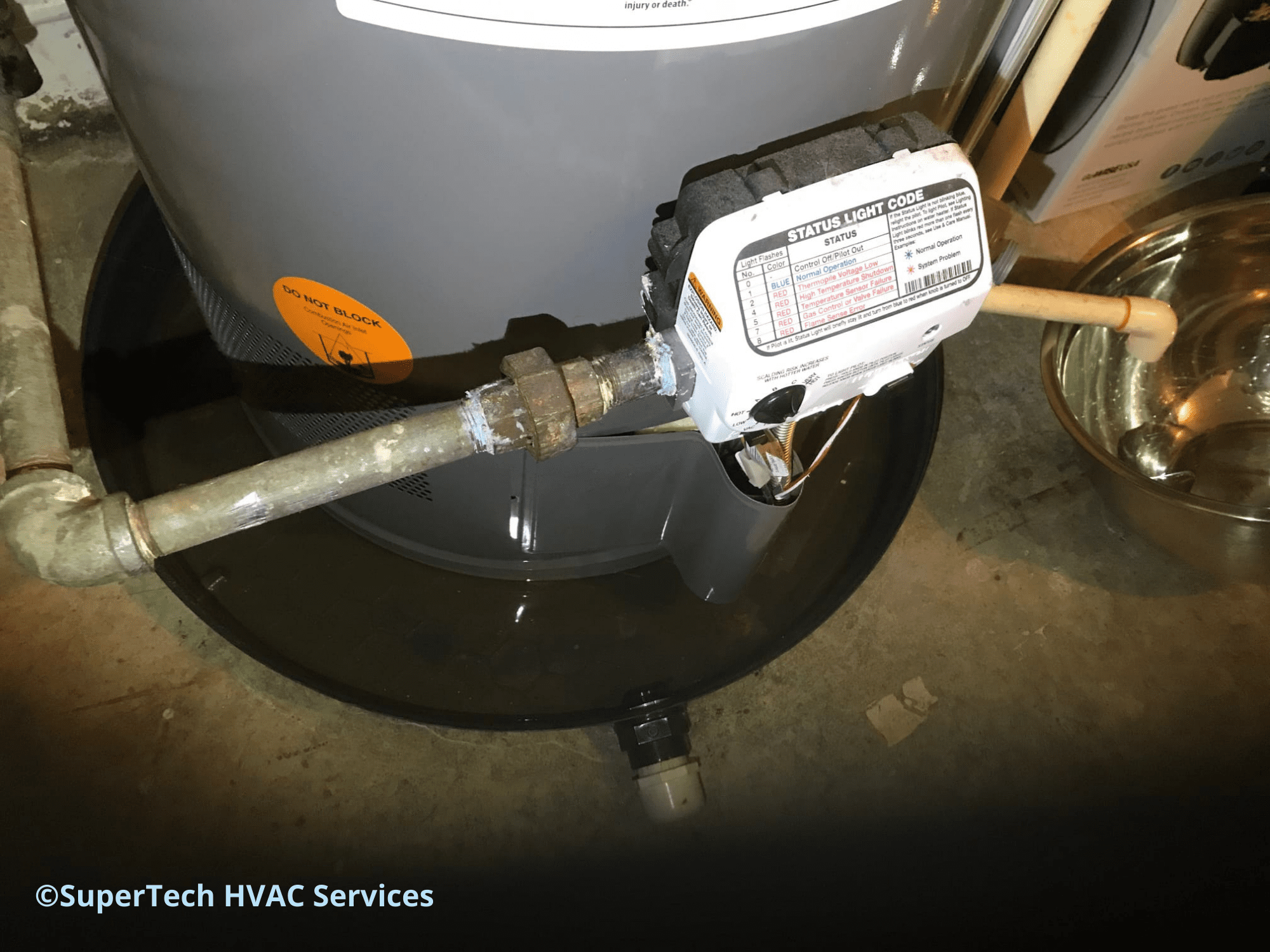Usual Water Heater Problems
Usual Water Heater Problems
Blog Article
Just about everyone seems to have their own theory on the subject of Water Heaters Problems.

Think of starting your day without your routine warm shower. That currently sets an inadequate tone for the rest of your day.
Every house requires a reliable hot water heater, yet just a couple of know exactly how to take care of one. One easy way to keep your water heater in top shape is to look for mistakes on a regular basis as well as repair them as soon as they show up.
Keep in mind to shut off your water heater prior to sniffing about for faults. These are the water heater mistakes you are most likely to run into.
Water too warm or too chilly
Every hot water heater has a thermostat that determines exactly how warm the water obtains. If the water entering into your house is too hot regardless of establishing a hassle-free optimum temperature level, your thermostat may be defective.
On the other hand, too cold water might be due to a failed thermostat, a busted circuit, or incorrect gas flow. As an example, if you utilize a gas hot water heater with a damaged pilot light, you would certainly get cold water, even if the thermostat remains in ideal problem. For electric heating systems, a blown fuse may be the wrongdoer.
Inadequate warm water
Water heaters can be found in many sizes, depending on your hot water needs. If you lack warm water prior to everyone has actually had a bath, your hot water heater is also tiny for your family size. You should think about setting up a larger water heater storage tank or selecting a tankless hot water heater, which occupies much less space and is more resilient.
Unusual noises
There are at least five kinds of noises you can hear from a water heater, but one of the most typical interpretation is that it's time for the hot water heater to retire.
First of all, you should recognize with the normal sounds a hot water heater makes. An electric heating system may seem different from a gas-powered one.
Standing out or banging audios typically mean there is a piece of sediment in your containers, and also it's time to clean it out. On the other hand, whistling or hissing audios may just be your valves letting some stress off.
Water leakages
Leaks can come from pipelines, water connections, valves, or in the worst-case circumstance, the storage tank itself. In time, water will certainly rust the tank, and also find its escape. If this happens, you require to replace your hot water heater asap.
Nevertheless, prior to your change your entire storage tank, make certain that all pipes remain in area and that each valve functions flawlessly. If you still need assistance recognizing a leak, call your plumber.
Rust-colored water
Rust-colored water indicates among your hot water heater parts is corroded. It could be the anode pole, or the tank itself. Your plumber will be able to determine which it is.
Warm water
Regardless of exactly how high you established the thermostat, you won't get any hot water out of a heater well past its prime. A water heater's efficiency might lower with time.
You will certainly additionally obtain lukewarm water if your pipes have a cross link. This means that when you switch on a tap, hot water from the heater flows in together with routine, cold water. A cross connection is easy to place. If your hot water taps still follow shutting the hot water heater valves, you have a cross link.
Discoloured Water
Rust is a significant root cause of dirty or discoloured water. Rust within the water tank or a stopping working anode pole might create this discolouration. The anode rod safeguards the container from rusting on the within as well as need to be checked annual. Without a pole or an appropriately operating anode pole, the hot water swiftly wears away inside the container. Contact a specialist water heater service technician to establish if replacing the anode rod will certainly take care of the trouble; otherwise, replace your water heater.
Conclusion
Ideally, your water heater can last 10 years before you need a change. However, after the 10-year mark, you may experience any of these faults more frequently. At this moment, you ought to include a new water heater to your budget.
How To Troubleshoot 3 Common Water Heater Problems in Twin Cities
The Water Heater Is Leaking
A leaky cold water inlet valve A loose pipe fitting A leaky temperature and pressure relief valve A corroded anode rod A cracked tank Turn Off Your Water Heater:
Shut off your gas water heater by turning the gas valve on the unit to the “OFF” position. Shut off your electric water by switching its power off at your electrical panel. Look for a two-pole breaker labeled “water heater” and turn it to the “OFF” position. Move the ball valve connected to the water heater to be perpendicular to the piping at a 90° angle. Look for the Leak:
Depending on whether the water is coming from the tank's top or bottom, you’ll want to look for the leak in different locations.
If the leak comes from the top of the tank, carefully look for water escaping from the cold water inlet valve or loose pipe fittings. Rusted hot and cold water valves can have loose connections with the tank, with water leaking out of them.
https://mspplumbingheatingair.com/blog/how-to-troubleshoot-3-common-water-heater-problems
We hope you liked our topic on Common Problems with Your Home Water Heater. Many thanks for finding the time to browse our piece of content. I beg you set aside a second to distribute this article if you liked it. Thanks a lot for your time. Please stop by our website back soon.
Professional plumbers, immediate response. Report this page